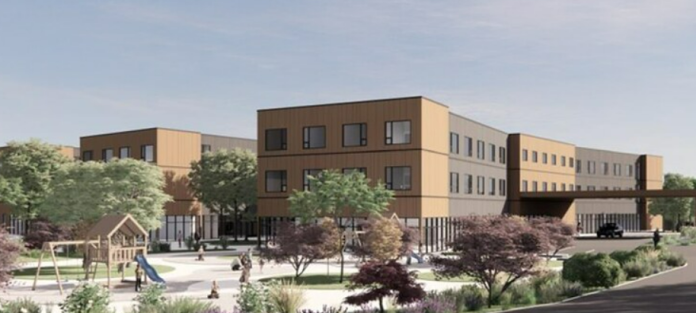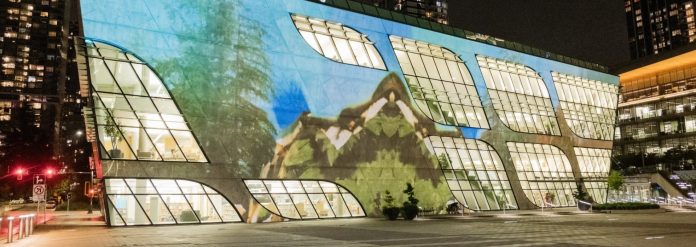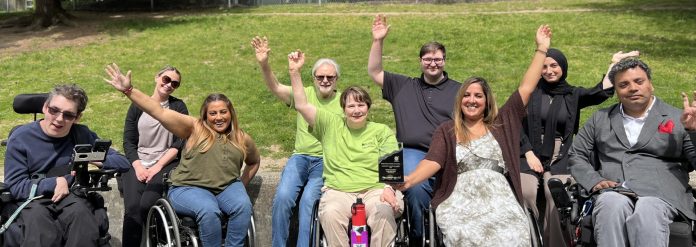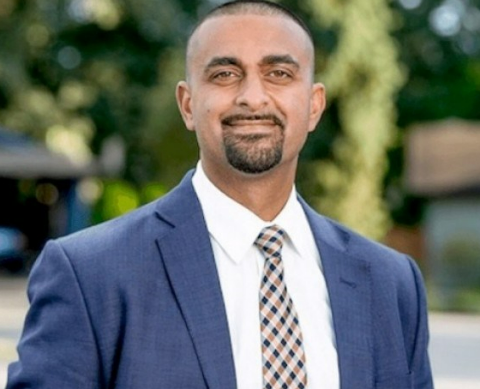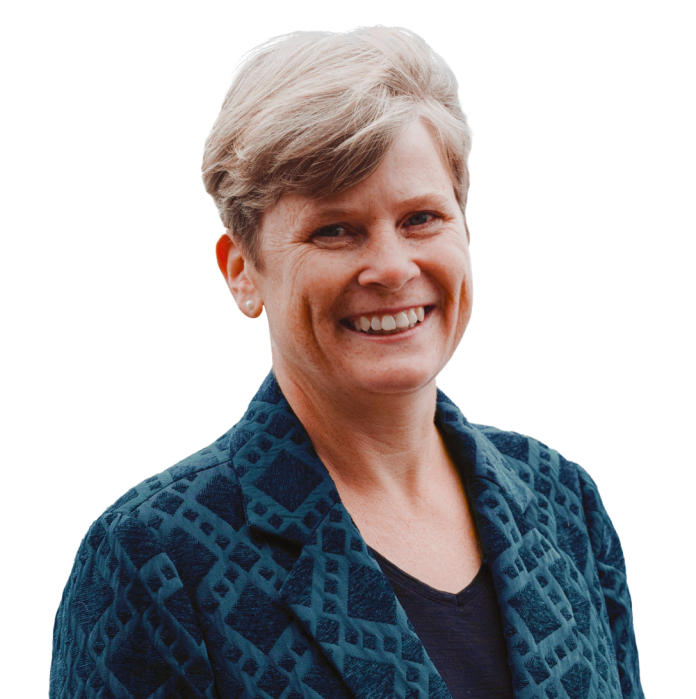Seniors in Prince George will soon have access to more long-term care as construction starts on a new long-term care village.
“Northern B.C.’s growing senior population highlights the need for modern, expanded long-term care options,” said Bowinn Ma, Minister of Infrastructure. “This new care village is a vital investment that will provide seniors with the comfort, respect and quality care they deserve, while strengthening our health system and creating good local jobs.”
Once built, the new home will provide 200 new beds for seniors, with an eight-bed geriatric psychiatry unit. A new 30-person adult day program will include services that support seniors’ living in the community by providing social interaction, activities and a sense of community, reducing loneliness and isolation. Also, 37 affordable licensed community child care spaces will create intergenerational connections in the home, with spaces prioritized for staff.
The new non-profit long-term care home is modelled after Canada’s first public long-term care village based on the concepts of a dementia village that opened in July 2024 in Comox on Vancouver Island. The design features of the long-term care village foster a strong sense of belonging, purpose and community for residents. The Prince George village is set to open in early 2028 at 6500 Southridge Ave.
“Growing older should always come with the assurance of being cared for in a familiar place, surrounded by community and compassion,” said Josie Osborne, Minister of Health. “This new long-term care village is a transformative addition to Prince George where residents will benefit from the expert, person-centered care and support they need to live with dignity as they age.”
The village will include 16 close-knit “households,” each home to 12 residents. Every household will offer private suites with ensuite bathrooms, along with a shared kitchen and gathering spaces that are meant to create a sense of home. In addition to these living spaces, the village will feature a community hall, recreation areas, bistro, grocery store, art studio and therapeutic outdoor environments. Dedicated community and Indigenous-centred spaces — such as a sacred gathering space designed in consultation with the Lheidli T’enneh First Nation — will foster a welcoming atmosphere for families, celebrations and cultural ceremonies.
The new long-term care home will also provide learning opportunities for students to explore careers in health care through local partnerships with educational institutions.
“This project represents a complete reimagining of what long-term care can and should be,” said Mark Blandford, president and CEO, Providence Living. “We’re creating a community where northern B.C. seniors can live with dignity, joy and purpose through our innovative long-term care village and Home for Us care model.”
In addition to this project, there are two more long-term care projects in development by Providence Living in northern B.C. Construction of a new long-term care home in Quesnel is expected to start in late 2026, and construction on a new long-term care home in Smithers will start in 2028. These three combined projects will replace 123 beds and provide 581 new long-term care beds to northern B.C.
The Province is investing more than $2 billion for long-term care facility redevelopment and replacement projects that will provide 2,297 beds in:
- Vancouver
- Colwood
- Abbotsford
- Richmond
- Nanaimo
- Delta
- Campbell River
- Kelowna
- Squamish
- Chilliwack
- Cranbrook
Quotes:
Susie Chant, parliamentary secretary for seniors’ services and long-term care —
“Long-term care is crucial throughout the province, providing essential support for seniors and ensuring they can live in comfort as they age. This new long-term care facility will enhance the lives of our residents, offering a safe, accessible and caring environment, promoting and maintaining connections to the community they love.”
Debra Toporowski, parliamentary secretary for rural health —
“This marks a step forward in our commitment to ensuring equitable, culturally safe care for all people in British Columbia. The new long-term care village will provide seniors in Prince George and surrounding communities with the opportunity to age with dignity, close to their families and their territories. By working in partnership with First Nations leaders, we are creating spaces that honour cultural traditions and support wholistic well-being.”
Tamara Davidson, MLA for North Coast-Haida Gwaii —
“Long-term care is essential in northern B.C. where access to health-care services can be limited, ensuring seniors receive the care and support they need. The excitement surrounding the new long-term care home reflects the community’s commitment to enhancing the quality of life for residents and ensuring seniors can stay in the community that they helped build.”
Colleen Nyce, board chair, Northern Health —
“Today marks a significant step forward in how we care for our seniors in the North. This new facility, built in partnership with Providence Living, reflects our shared commitment to creating a home where residents are supported with dignity, compassion and community. We’re proud to be building not just for today, but for generations to come.”
Jennifer Gibson, executive director, quality, practice and safety, Providence Living —
“The Prince George village will feature the innovative Home for Us care model, a made-in-B.C. approach that has transformed care at our Comox site. This social-relational model prioritizes residents’ autonomy, emotional connections and home-like living over traditional institutional care.”
Quick Facts:
- Northern B.C.’s senior population is expected to grow by 26% over the next decade.
- There are 1,141 publicly funded long-term care beds in northern B.C.



